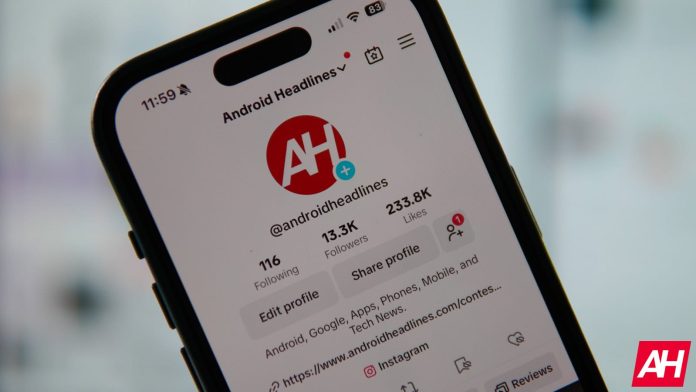[ad_1]
Under the DMA (Digital Markets Act), the EU designated a list of big companies as “gatekeepers.” This label requires them to meet a series of common requirements to ensure that new services can compete. TikTok is on the EU gatekeeper list, but ByteDance, its parent company, disagreed with that and appealed the decision. However, the General Court of the European Union has dismissed the appeal.
The EU General Court dismissed ByteDance’s appeal against the TikTok gatekeeper label
Gatekeeper services are required to meet certain requirements. For example, messaging services must support interoperability with others in their segment. Also, OS developers should let the user choose which apps to pre-install during the initial setup, and cannot favor their services over those of third parties. The EU established some conditions for companies to be designated as “gatekeepers,” considering the number of users, market capitalization, and influence among people.
TikTok was one of the first services on the EU gatekeeper list. ByteDance appealed the designation, but the General Court of the European Union has now ruled that the company complies with the conditions. ByteDance argued that the designation of TikTok as a gatekeeper went against the goal of the rule.
The company said that appointing gatekeepers sought to protect new emerging services from dominant companies. But, ByteDance believes that TikTok does not have a comparable position to others on the list. Among the gatekeepers are also Alphabet, Amazon, Apple, ByteDance, Meta, and Microsoft.
TikTok meets the conditions to be on the list
However, the Digital Markets Act (DMA) allows services that have more than 45 million monthly users and a capitalization of more than 75 billion euros in the EU to be designated as gatekeepers. The DMA also considers the influence of the service among people. So, TikTok meets the conditions.
ByteDance also argued that its high global market value is mainly due to its activities in China. However, the EU court considered that the company did not substantiate its arguments sufficiently. The General Court said that “its high number of users in the Union reflects its financial capacity and its potential to monetize these users.”
The court also uses the accelerated growth of TikTok as an argument in favor of the gatekeeper designation. They said that TikTok achieved “in a short time, half the size, in terms of number of users within the European Union, of Facebook and of Instagram.”
ByteDance can still try to defend itself by taking the case to the Court of Justice of the European Union (CJEU). This will be the last instance to which the company can resort.
[ad_2]
Source link
